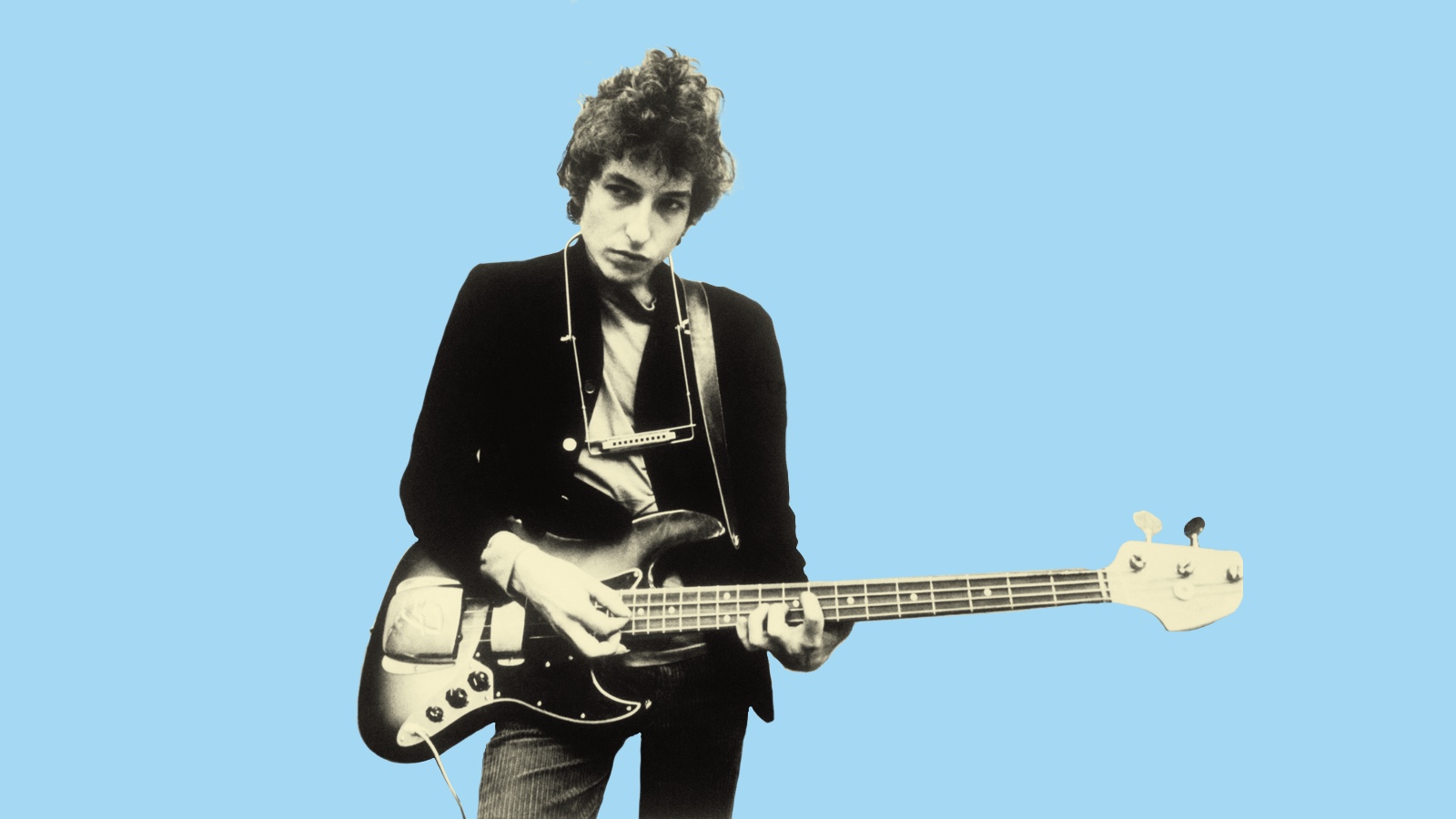Lesson 7: How Do You Write An Excellent Obituary? The Economist On Osama bin Laden

If you love The Economist, you likely know and love its back page, its obituary page. Economist obituaries are models of the magazine’s style and, more broadly, models of a traditional English style of reporting, marrying history and literary instincts with factual, objective analysis. The magazine is fun to read but their back page is the most fun; the match of their style with the requirements of the form produces an art all its own.
How do you make anything surrounding Osama bin Laden witty now? Or, more broadly, where is the place of wit in the consideration of loss?
The Economist simply hews to form: spare and consistently subtle, the voice of the magazine often mocks a subject while examining it, its writers possessing the unique freedom that comes when bylines are foregone. These last words on bin Laden are worth reading because they say something about how to reflect on a life, but also something about how to write.
Consider this:
As a rule he observed from afar as “his boys” blew up the American base at Khobar in Saudi Arabia, or the USS Cole in Yemen (he wrote a poem about that, the little dinghy bobbing on the waves) or the American embassies in Kenya and Tanzania, where in 1998 more than 200 died. Terrorism could be commendable or reprehensible, he smoothly agreed, but this was “blessed terror”, in defence of Islam. At first he denied any part in the 9/11 attacks, but at last pride got the better of him: yes, it was he who had guided his 19 brothers towards their “easy” targets.
And this:
Somewhere, according to one of his five wives, was a man who loved sunflowers, and eating yogurt with honey; who took his children to the beach, and let them sleep under the stars; who enjoyed the BBC World Service and would go hunting with friends each Friday, sometimes mounted, like the Prophet, on a white horse. He liked the comparison. Yet the best thing in his life, he said, was that his jihads had destroyed the myth of all-conquering superpowers.
The first paragraph is remarkable for the parenthetical statement on poetry, for its typical almost-too-English burying a lead (he was an artist! Like Hitler!), and for, in the same moment, touching on something serious, something most other reports elided: he was a man. There were things that made him human. He wrote bad poetry.
The second paragraph goes deeper into this same idea. We know why we hate him and we know he was “evil,” and capable of crime, but what don’t we know? This part is played neither for pathos or laughs, but it will remain in our minds because it is original. “Took his children to the beach, and let them sleep under the stars.”





